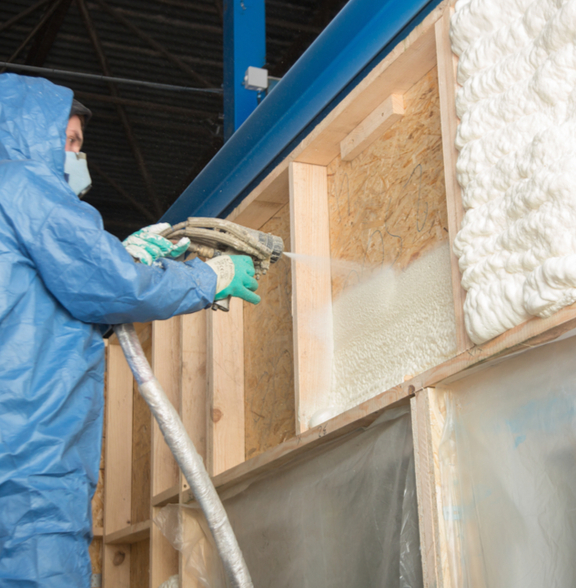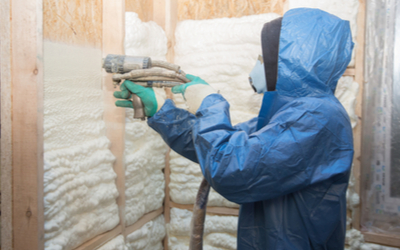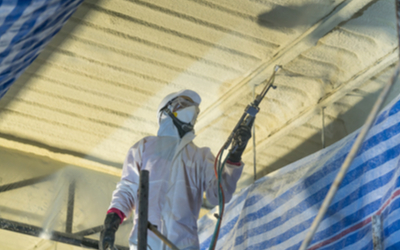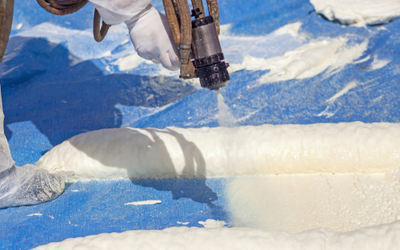

Spray polyurethane foam (SPF) can lower energy costs up to 30%, forming an air barrier, regulating temperatures, and reducing maintenance costs by resisting damage from threats like water, pests, and hail. Many types of SPF reinforce and support buildings by filling gaps, cracks, and other holes while “soft” SPF dampens sound to maintain a more peaceful interior.
Free Quotes Upon Request
If you’re interested in getting an estimate today, you can give us a call at (386) 931-3426 and/or email info@JSFInsulation.com.
Family Owned
Professional

Quality Service
Our Services
Reach out to us today for a free, no-obligation quote. Call the experts at Jones Spray Foam today to learn more about our services we can provide for your home or business.

Residential Spray Foam
High Quality Insulation
Spray Foam can provide a home protection and comfort for decades.
Learn More

Commercial Spray Foam
Cost Effective Solution
The energy savings alone make spray foam a worthwhile investment.
Learn More

Spray Foam Roofing
Insulated Roofing Product
Spray foam provides comprehensive protection when used as roofing.
Learn More
Why Spray Foam

Long-Term Savings
SPF saves building owners money by reducing energy costs associated with climate control. In addition, properly maintained SPF can last up to 40 years, providing superior protection against environmental damage, thus leading to lower maintenance and repair costs.

Product Versatility
SPF can be applied to a multitude of materials of all shapes and sizes. The varied types of SPF allow us to meet the primary needs of our customers, whether they seek to lower building maintenance costs, fortify their structures, or create a more pleasant interior by mitigating the effects of external temperatures and noise.

Safety Features
After the SPF installation is finished and the product has cured, SPF offers no risk to the building’s residents and tenants. On the contrary, it renders the building safer by preventing pest invasions, the spread of flames, airborne contaminants, and waterborne pollutants. Most of which is due to the sealing property of the product.

